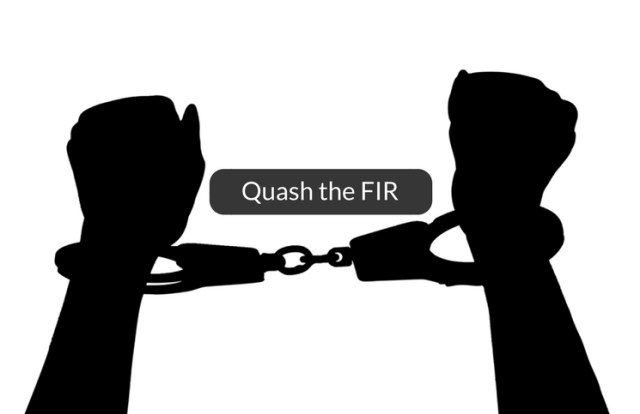The Madhya Pradesh High Court in the case of Ashok Kumar Sharma vs The State Of Madhya Pradesh (MISC. CRIMINAL CASE NO.22154/2022) upheld that the power of quashing a criminal proceeding should be exercised very sparingly and with circumspection and that too in the rarest of rare cases.
Facts of the case: Petition under Section 482 of the Code of Criminal Procedure was filed by the petitioner for quashing of the FIR for the offenses punishable under Sections 409, 420, 467, 468 and 471 of the Indian Penal Code.
On 15.6.2021 the FIR in question had been lodged by one Dilip Kumar Nigam, Block Education Officer, Block Budhar, District Shahdol, against the petitioner, making allegations in writing that the petitioner was posted as Block Education Officer at Budhar Block, District Shahdol from 2nd of June, 2014 till 3rd of February 2020 and during this period, besides departmental bank accounts, he had opened supposititious two additional bank accounts without prior approval of the authorities concerned in the name of Prabandhak Vyasayak Prakshishan Kendra, Budhar and another in the name of Block Education Officer, Budhar. He had transferred the funds from the original bank account to the accounts opened by him and had siphoned some amount of money from the same. Thus, the petitioner by opening the aforesaid bank accounts fraudulently committed cheating and forgery and also misappropriated the government funds to the tune of Rs.1,01,72,176/-. After inquiry into the matter, the FIR in question had been registered against the petitioner for the alleged offenses.
By way of this petition, the petitioner had prayed for quashing of the FIR. The counsel for petitioner argued that there was no allegation in the FIR that the money had been transferred or siphoned by the petitioner for his personal use or in his personal gain. The only allegation against the petitioner is that he opened the bank accounts without sanction of the superior authorities and thus, it was clear that no offence under Sections 467, 468 and 471 of the IPC is made out because there is no allegation in the FIR that the petitioner had used any forged documents to open the bank account. Moreover, an offence under Section 420 of the IPC is also not made out because the petitioner has not even induced any person to do a particular act.
Judgment: The court on perusal of the record and the documents submitted by the petitioner as well as the case diary, was of the opinion that there was no evidence that the money had been transferred by the petitioner for his personal use and there was also no evidence that the accounts were opened in the private name of the petitioner himself and in fact, the same were opened in the name of the government officials under the government seal. From the account statements alleged to have been opened by the petitioner it is clear that no amount has either been siphoned or used by the petitioner for his personal use. There were no averments in the FIR that the petitioner in any manner entrusted with property, or with any dominion over property in his capacity of a public servant or in the way of his business as a banker, merchant, factor, broker, attorney or agent, commits criminal breach of trust in respect of that property. The necessary ingredients for constituting the alleged offenses are missing in the FIR.
The court held that he power of quashing a criminal proceeding should be exercised very sparingly and with circumspection and that too in the rarest of rare cases. Prima facie there was no material in the FIR to prosecute the petitioner for commission of offences under Sections 409, 420, 467, 468 and 471 of the IPC. The interest of justice required to set – aside the entire proceedings arising out of registration of the FIR.
JUDGMENT REVIEWED BY : SHUBHANGI CHAUDHARY


